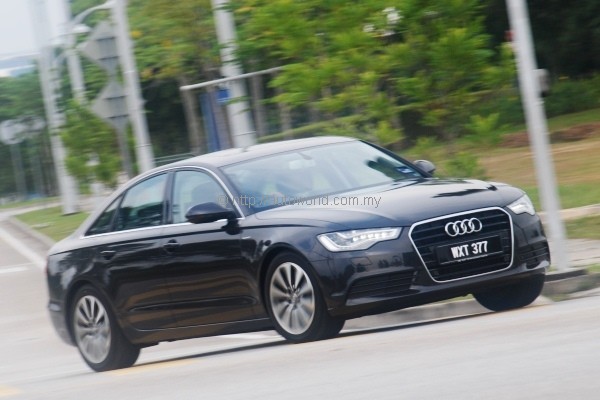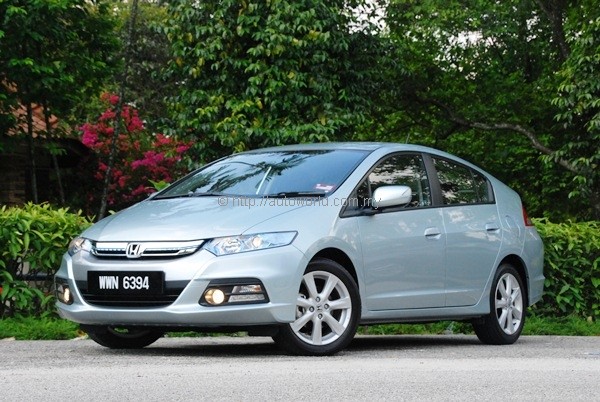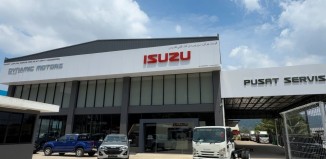MAA calls for extension of hybrid tax incentives
The Government’s tax incentive scheme for hybrid vehicles are set to end this year, with no confirmation either way whether the full exemption of excise and import duties will cease or continue into 2014 and beyond. A Bernama report dated 29 March 2013 has revealed that the Malaysian Automotive Association (MAA) plans to officially request for an extension of the Feed-in-Tariff (FIT) period from the Government.
The report quotes MAA President Datuk Aishah Ahmad as saying, “We always ask for a longer term of around five years to enable us to draw up future plans for the automotive industry.”
According to MAA’s annual sales figures, hybrid sales rose 84% from 8,334 units sold in 2011 to 15,355 units sold in 2012. Four car makers contributed to the hybrid volume last year, namely Hybrid car sales come from four car makers, namely Toyota (5,653 units), Lexus (979 units), Honda (8,712 units) and Porsche (11 units). More new models are joining the party this year such as the the Audi A6 Hybrid and the BMW ActiveHybrid trio.
MAA’s announcement was immediately followed up by a statement from BMW Group Malaysia declaring its support the association’s proposal and also re-iterating the company’s long-standing calls for the incentive scheme to be extended beyond just sub-2,000cc hybrid vehicles.
“We would like to reemphasize that green technology incentives should not be technology biased but be inclusive of all advanced sustainable and green technology alternatives which includes Diesel technology, Hybrid technology and Electric technology,” said Dr. Gerhard Pils, Chief Executive Officer, BMW Group Malaysia
Since ushering the arrival of diesel-powered models in 2009, BMW Group Malaysia has consistently lobbied for a more comprehensive incentive system in which vehicles qualify for tax breaks by virtue of their actual fuel consumption or carbon emission numbers rather than the simplistic approach of using engine capacity. Diesel-powered models and the new ActiveHybrid models currently account for 20% of BMW’s total sales volume in Malaysia.
“As we move towards a cleaner and more sustainable Malaysia, we at BMW also believe that the current incentives for Hybrid vehicles should also be revised to include vehicles above the 2000 litre cc engine spectrum as the largest benefits in terms of fuel savings and emissions without the compromise of driving dynamics can be witnessed and experienced with these engines,” said Dr Pils, although we are not sure if the authorities are as interested in the ‘driving dynamics’ bit as we are.
Dr Pils further explains, “As modern engines have been developed to be more efficient, the idea of a smaller displacement engine being more efficient than a larger displacement engine no longer holds true. In fact, most modern large cc engines today are now more efficient than older small cc engine which dictates that incentives for vehicles should also no longer be based on engine size but on how efficient the vehicle is in terms of the average fuel consumed as well the amount of Carbon Dioxide (CO2) the vehicle emits.”
The current FIT scheme has benefited Honda and Toyota the most, with models such as the Jazz Hybrid, CR-Z, Insight, Civic Hybrid, Prius, and Prius c all qualifying for the incentive. BMW was able to get a special case 50% reduction in duties for the ActiveHybrid 3 and ActiveHybrid 5, but Audi recently caused a huge shock to the market with its A6 Hybrid, which qualifies for the incentive by virtue of its 2.0-litre displacement and was thus able to price itself at C-Class / 3 Series levels. Euromobil has reportedly sold out its allocation for 2013 already.




























